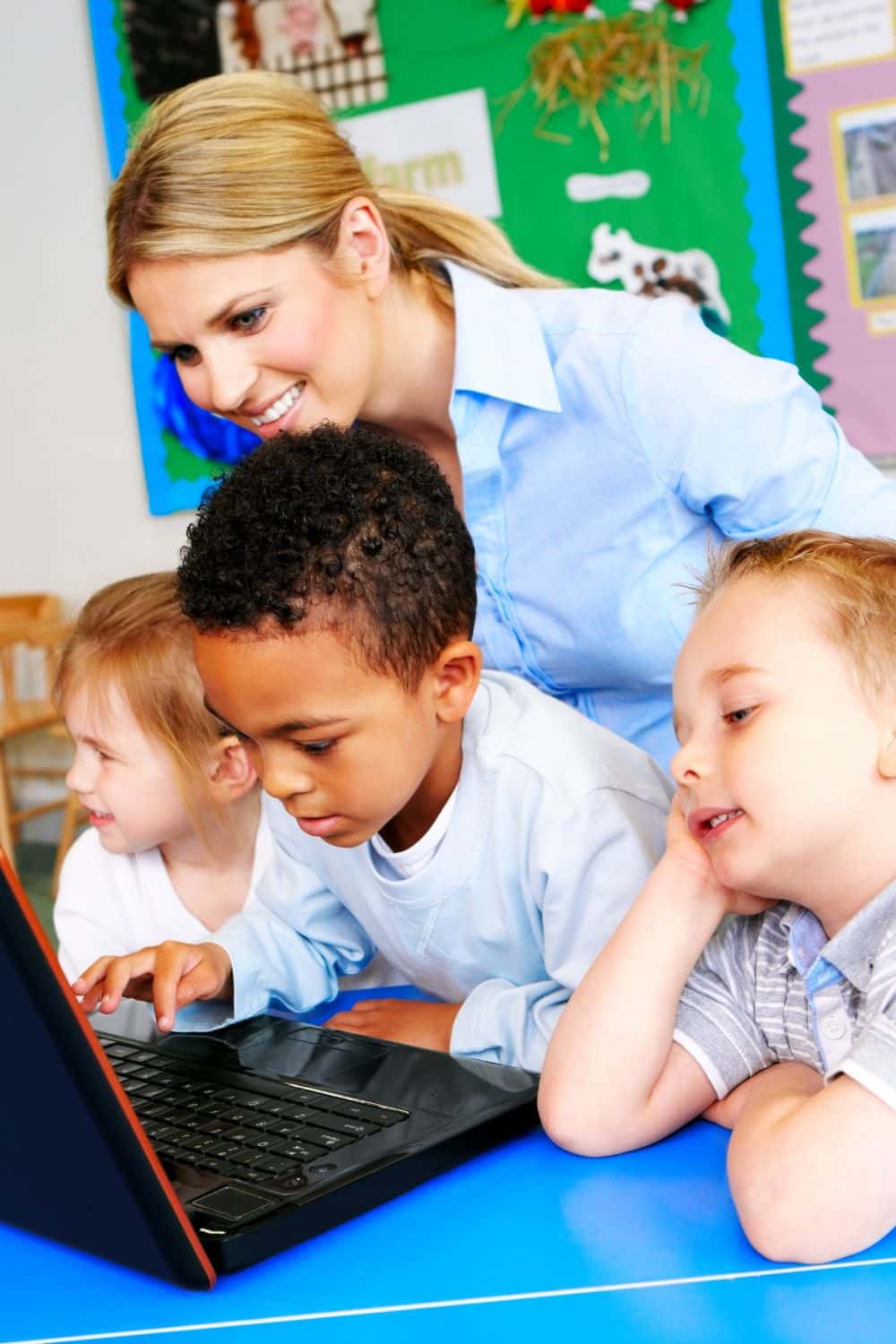Is there ADHD & Autism in your child? Are you looking for strategies & Tips for parents. Then check these tips out below.
ADHD & Autism in Your Child: Strategies & Tips for Parents
For any parent, it’s essential to understand the unique needs of your child and use this knowledge to ensure you care for them in the best possible way. Parenting a child with autism and attention deficit hyperactivity disorder (ADHD) can be challenging, requiring parents to throw out their typical rule book and focus on new strategies to equip their kids for the outside world.
Up to 70% of autistic individuals also have ADHD. Both conditions can significantly affect different aspects of your child’s life, which can make raising them more difficult for you as their parent. However, with enough dedication, support, and understanding, children with ADHD and autism can reach their full potential.
Seek Professional Help
It’s vital to get the proper autism and ADHD support services once your child has been diagnosed with autism. Early diagnosis is essential for early intervention and can prevent distress as your child develops. However, once your child has been diagnosed with autism and ADHD, you should first seek professional help.
You can first search for ‘‘ABA centers near me’’ on Google to find a local autism therapy center that is in your area. If you’re unsure about your child’s diagnosis, you should visit centers that offer diagnostic services as well as professional help.
Lighthouse Autism Center, Midwest Autism & Therapy Center, and other centers in the Midwest offer diagnostic and treatment services like ABA therapy. Consider collaborating with speech therapists, psychologists, and occupational therapists specializing in ADHD and autism. They would provide helpful guidance on how you can best support your child.
Set Healthy Habits
Structure and routine play a significant role in helping children with autism and ADHD go through their everyday lives. It reduces their anxiety levels and helps them become more independent in handling tasks. Thus, it’s crucial as a parent to set healthy habits for your child. Set consistent routines during the week and on weekends so that your kid would have a clear expectation of what would happen next.
Whether it’s time to go to school or it’s a weekend, creating a fixed daily routine for children with autism and ADHD will keep things running smoothly. Keep in mind that the smallest details matter. You should create morning routines like having breakfast together or establish evening routines like taking a walk or family dinners.
There should also be after-school goals like homework and reading and bedtime routines that can calm them down, like taking a warm bath. By setting these routines, your child will have more control over their daily lives.
Support Social Skills Development
Many kids with ADHD or autism need help with developing their social skills. Social skills development plays a vital role in helping children interact with others. You can organize playdates for your kids and join group activities where they can positively engage with other peer groups.
Also, when your kids have a playdate or activity with friends, you should prepare them for social aspects with if-then and when-then rules. For instance:
- If someone asks you, ‘How are you?’ then reply, “Good, how are you?” This would teach them about social reciprocity.
- When a friend comes to our house, they are our guests, so they should be allowed to choose the first activity. This would teach them to be less bossy.
Giving your children social rules can help equip them with social skills.
Practice Validation and Understanding
When raising kids with ADHD and autism, it’s important to validate emotions and show empathy for them. Show interest and let them know that their feelings matter, even if they are overreacting. Remember that validation does not mean spoiling your kids or condoning bad choices. Instead, it involves making your children feel understood and loved.
One good way to tell your children you understand them is to use one phrase, “How can I help you?” If your child is frustrated, sad, anxious, angry, or struggling with homework, ask this question to validate their emotions and offer empathy. Although the initial problem would still be there, you would have calmed them down to address the issue.
Remain Calm
Raising kids with ADHD and autism is tough, but keep in mind that this is not their fault. You need to remain calm when dealing with your kids. If you’re angry, it will escalate your child’s behavior. Your child would feel misunderstood, and the initial issue would not be resolved. So, stay calm in heated parenting moments. This would take a lot of practice, and you need to leave your emotions out of it.
Break Down Tasks and Use a Reward System
Help your child by breaking down tasks and providing them with goals. If you can break down tasks, it would help your child feel motivated, have attention to detail, and complete tasks. It also helps them feel less overwhelmed. Whenever they carry out tasks, incorporate their interests and use a reward system.
Set Aside Time For Yourself Every Day
It’s easy to put your all into raising your child and forget yourself. But setting aside time for yourself can help you keep yourself, discover your interests, and have more strength in caring for your kids. Setting out some time for yourself is difficult, but even if it’s 15 to 20 minutes, you should do something you love.
Work Together
Whether your child is throwing a tantrum or has speech issues, all you need to do as a parent is to support them with professional help, set healthy routines, and support social skills development. Children with ADHD and autism might be difficult to raise as a new parent, but consider these tips and professional help to assist you in your endeavor.


Leave A Reply!